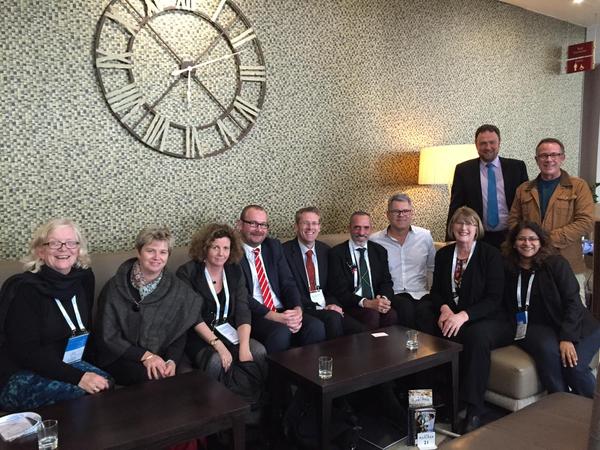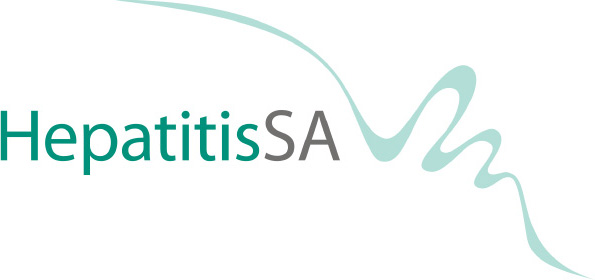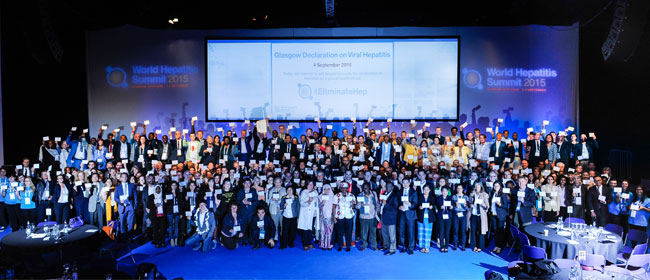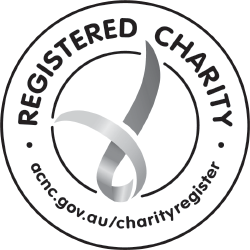The first World Hepatitis Summit in Glasgow (2-4 September 2015) was filled with a sense of history as the goal of eliminating viral hepatitis seemed closer than ever before.
The summit was hosted by the Scottish Government and co-sponsored by the World Hepatitis Alliance and the World Health Organisation.
Prof Jeffery V Lazarus, Editor-in-Chief of Hepatology, Medicine and Policy, wrote that he had no doubt the summit will be remembered as a major milestone in the global movement to end viral hepatitis.
Speaking about the World Health Organisation's Global Strategy on Viral Hepatitis, Director HIV/AIDS Department and Global Hepatitis Programme, Dr Gottfried Hirnschall said "there is now the moment when hepatitis is getting on the global agenda", driven largely by several "champion countries" showing the way, and advances in treatment which has translated into greater public awareness.
Over 80 countries were represented at the summit, with Georgia the first country to have set a clear goal for viral hepatitis. It aims to have 95% of people living with hepatitis C diagnosed, 95% of those diagnosed linked to care, 95% of those linked to care treated and 95% of those treated cured by 2020. (Hepatitis C treatment results in Georgian prisons)
“We know how to prevent viral hepatitis, we have a safe and effective vaccine for hepatitis B, and we now have medicines that can cure people with hepatitis C and control hepatitis B infection,” Dr Hirnschall was quoted as saying.
Dr Hirnschall explained that elimination a disease meant getting to a point where the disease is no longer a public health problem, as opposed to eradication which means getting rid of a disease completely so it no longer exists.
He said discussions on the WHO's global strategy to eliminate viral hepatitis continues with the aim of getting it ratified by the World Health Assembly in 2016.
More information on the WHO hepatitis global strategy can be found on the WHO's hepatitis website, www.who.int/hepatitis. Presentation slides by other WHO delegates to the summit can also be downloaded from the website.
In a declaration at the end of the summit, participants called on governments to develop and implement national plans for the elimination of viral hepatitis.
"The participants of the inaugural World Hepatitis Summit believe it is possible and essential to set as a goal the elimination of both hepatitis B and C as public health concerns," the statement said.
"We therefore call upon governments in all jurisdictions to develop and implement comprehensive, funded national hepatitis plans and programmes in partnership with all stakeholders and in line with the World Health Assembly Resolution 67.6 and, in collaboration with the World Health Organization, to define and agree on realistic yet aspirational global targets for prevention, testing, diagnosis, care and treatment."
Read the full declaration: http://bit.ly/whs15-glasgow-dec
Slides from presentations at the summit can be accessed here: http://www.worldhepatitissummit.com/presentations/
Videos of sessions can be viewed here: http://www.worldhepatitissummit.com/films/

Australian delegates to the summit. Read Hepatitis Australia's report: http://bit.ly/hepauswhs15rep



